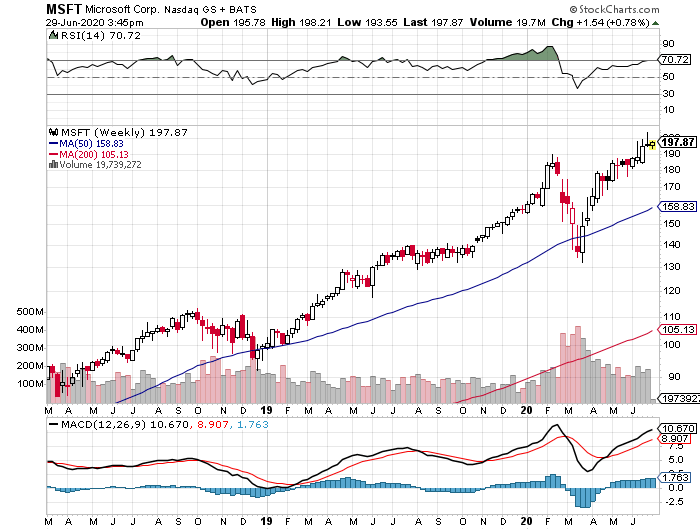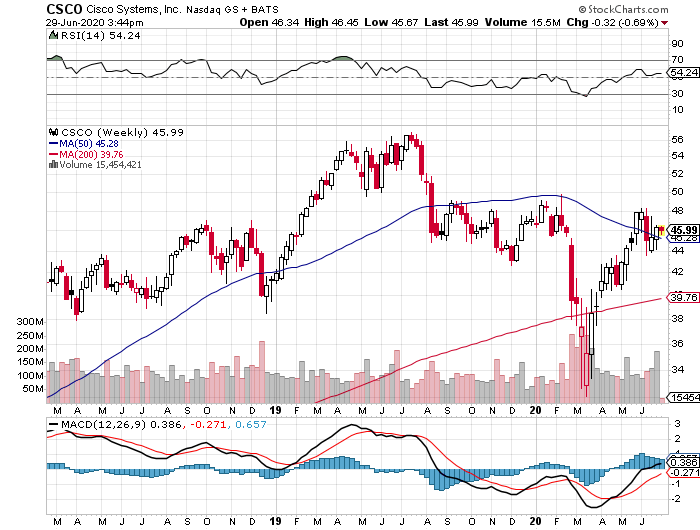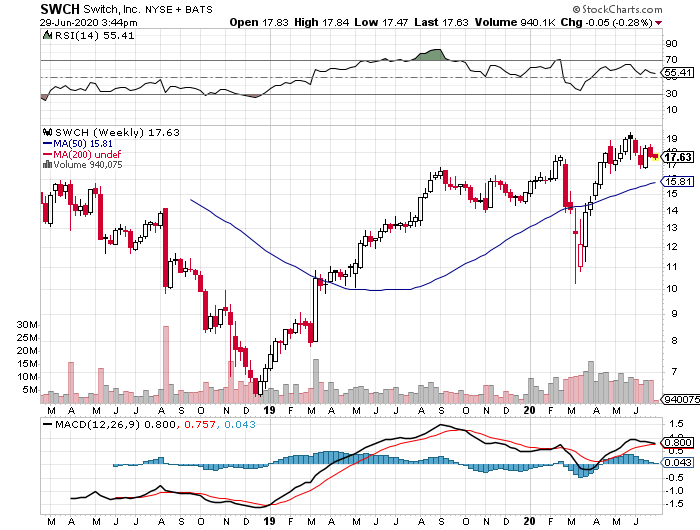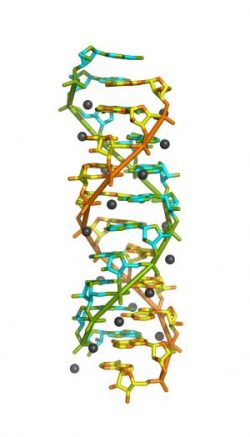You are using an out of date browser. It may not display this or other websites correctly.
You should upgrade or use an alternative browser.
You should upgrade or use an alternative browser.
Bankruptcy thread
- Thread starter Bozzie
- Start date
Good riddance... Chesapeake Bay
CEO Robert D. “Doug” Lawler found in examining the company’s books a $110 million bill for two parking garages, Faber reported Monday. That was part of about $30 billion in spending above cash flow that happened from 2010-12, while the late Aubrey McClendon was CEO and prior to Lawler taking over in 2013.
Other revelations include a wine collection in a cave hidden behind a broom closet in the Chesapeake office. Extravagances further included a season ticket package to the NBA’s Oklahoma City Thunder that was the biggest in the league and a lavish campus that was modeled after Duke University, complete with bee keepers, botox treatments and chaplains for employees.
CEO Robert D. “Doug” Lawler found in examining the company’s books a $110 million bill for two parking garages, Faber reported Monday. That was part of about $30 billion in spending above cash flow that happened from 2010-12, while the late Aubrey McClendon was CEO and prior to Lawler taking over in 2013.
Other revelations include a wine collection in a cave hidden behind a broom closet in the Chesapeake office. Extravagances further included a season ticket package to the NBA’s Oklahoma City Thunder that was the biggest in the league and a lavish campus that was modeled after Duke University, complete with bee keepers, botox treatments and chaplains for employees.

Global Market Comments
June 30, 2020
Fiat LuxFeatured Trade:(STORAGE WARS),
(MSFT), (IBM), (CSCO), (SWCH),
(THE MAD HEDGE JUNE 4 TRADERS & INVESTORS SUMMIT RECORDING IS UP)

June 30, 2020
Fiat LuxFeatured Trade:(STORAGE WARS),
(MSFT), (IBM), (CSCO), (SWCH),
(THE MAD HEDGE JUNE 4 TRADERS & INVESTORS SUMMIT RECORDING IS UP)

Storage Wars
No, this piece is not about the reality TV show that has a gruff lot of hopeful entrepreneurs blindly bidding for the contents of abandoned storage lockers.With hyper-accelerating technology creating data at an exponential rate, it is getting far too big to physically store.
In 2018, over $80 billion was spent on data centers across the country, often in the remotest areas imaginable. Bend, OR, rural West Virginia, or dusty, sun-baked Sparks, NV, yes, they’re all there.
And you know what the biggest headache for the management of many tech companies is today? A severe shortage of cost-effective data storage and the skyrocketing electric power bills to power them.
During my lifetime, storage has evolved from one-inch magnetic tape on huge reels to highly unreliable 5 ¼ inch floppy disks, then 3-inch discs, and later to compact discs.
The solid-state storage on silicon chips that hit the market six years ago was a dream, as it was cheap, highly portable, and lightning-fast. Boot up time shrank from minutes to seconds. The only problem was the heat and sitting on it when you forgot those ultra-slim designs on the sofa.
Moore’s Law, which has storage doubling every 18 months while the cost halves, has proved faithful to the bitter end. The problem now is, the end is near, as the size of an electron becoming too big to pass through a gate increasingly a limiting factor.
As of 2017, the world needed 44 gigabytes of storage per day. According to the International Data Corporation, that figure will explode to 460 billion gigabytes by 2025, in a mere seven years.
That’s when the global datasphere will reach 160 trillion gigabytes, or 160 zettabytes. It all sounds like something out of an Isaac Asimov science fiction novel.
You can double that figure again when Google’s Project Loon brings the planet’s 5 million residents currently missing from the Internet online.
In the meantime, companies are making fortunes on the build-out. Some $50 billion has to be spent this year just to keep even with burgeoning storage demand.
And guess what? Thanks to rocketing demand from electric cars and AI, memory-grade silicon is expected to run out by 2040.
All I can say is “Better pray for DNA.”
Deoxyribonucleic acid has long been the Holy Grail for data storage. There is no reason why it shouldn’t work. After all, you and I are the product of the most dynamic data storage system known to man.
All of the information needed to replicate ourselves is found in 3 trillion base pairs occupying every single cell in the human body.
To give you some idea of the immense scalability of DNA, consider this. One exabyte of data storage using convention silicon would weigh 320 metric tonnes. The same amount of information in DNA would occupy five cubic centimeters weighing five grams, or 0.18 ounce!
And here is the big advantage of DNA. Conventional silicon permits only two programming choices, “0” or “1”. Even with just that, we have been able to achieve incredible gains in computing over the last 50 years.
DNA is made of four different bases, adenine, cytosine, guanine, and thymine, which allow four squared possible combinations, or 16. The power demands are immeasurably small and it runs cool.
Also known as NAM, or nucleic acid memory, it has already burst out of the realm of science fiction. Microsoft Research (MSFT), the University of Washington, and (IBM) have all gotten it to work on a limited basis.
So far, retrieval is the biggest problem, something we ourselves do trillions of time a day every day without thinking about it.
DNA is organic, requires no silicon, and can replicate itself into infinity at zero cost. The information can last tens of thousands of years. Indeed, scientists were recently able to reconstruct the DNA from Neanderthals who lived in caves in Spain 27,000 years ago.
Yes, you can now clone your own Neanderthal. Gardening work maybe? Low-waged assembly line workers? Soldiers? Traders? I think I already know some. Look for that tell-tale supraorbital brow (click here for details).
But I diverge.
If you want to make money, like tomorrow, instead of in a decade, there are still a few possibilities on the storage front.
If you want to take a flyer on the ongoing data storage buildout, you might look at Las Vegas-based Switch (SWCH). The company IPO’d in October and has since seen its shares drop by 32%, which is normal for these small tech companies.
A much cleaner and safer play is Cisco Systems (CSCO), one of my favorite lagging old technology companies. After all, everyone needs Cisco routers on an industrial scale.


 [h=3]
[h=3]

The Future of Computing[/h]
 [h=3]Your Daughter’s Next Date?[/h]
[h=3]Your Daughter’s Next Date?[/h]
No, this piece is not about the reality TV show that has a gruff lot of hopeful entrepreneurs blindly bidding for the contents of abandoned storage lockers.With hyper-accelerating technology creating data at an exponential rate, it is getting far too big to physically store.
In 2018, over $80 billion was spent on data centers across the country, often in the remotest areas imaginable. Bend, OR, rural West Virginia, or dusty, sun-baked Sparks, NV, yes, they’re all there.
And you know what the biggest headache for the management of many tech companies is today? A severe shortage of cost-effective data storage and the skyrocketing electric power bills to power them.
During my lifetime, storage has evolved from one-inch magnetic tape on huge reels to highly unreliable 5 ¼ inch floppy disks, then 3-inch discs, and later to compact discs.
The solid-state storage on silicon chips that hit the market six years ago was a dream, as it was cheap, highly portable, and lightning-fast. Boot up time shrank from minutes to seconds. The only problem was the heat and sitting on it when you forgot those ultra-slim designs on the sofa.
Moore’s Law, which has storage doubling every 18 months while the cost halves, has proved faithful to the bitter end. The problem now is, the end is near, as the size of an electron becoming too big to pass through a gate increasingly a limiting factor.
As of 2017, the world needed 44 gigabytes of storage per day. According to the International Data Corporation, that figure will explode to 460 billion gigabytes by 2025, in a mere seven years.
That’s when the global datasphere will reach 160 trillion gigabytes, or 160 zettabytes. It all sounds like something out of an Isaac Asimov science fiction novel.
You can double that figure again when Google’s Project Loon brings the planet’s 5 million residents currently missing from the Internet online.
In the meantime, companies are making fortunes on the build-out. Some $50 billion has to be spent this year just to keep even with burgeoning storage demand.
And guess what? Thanks to rocketing demand from electric cars and AI, memory-grade silicon is expected to run out by 2040.
All I can say is “Better pray for DNA.”
Deoxyribonucleic acid has long been the Holy Grail for data storage. There is no reason why it shouldn’t work. After all, you and I are the product of the most dynamic data storage system known to man.
All of the information needed to replicate ourselves is found in 3 trillion base pairs occupying every single cell in the human body.
To give you some idea of the immense scalability of DNA, consider this. One exabyte of data storage using convention silicon would weigh 320 metric tonnes. The same amount of information in DNA would occupy five cubic centimeters weighing five grams, or 0.18 ounce!
And here is the big advantage of DNA. Conventional silicon permits only two programming choices, “0” or “1”. Even with just that, we have been able to achieve incredible gains in computing over the last 50 years.
DNA is made of four different bases, adenine, cytosine, guanine, and thymine, which allow four squared possible combinations, or 16. The power demands are immeasurably small and it runs cool.
Also known as NAM, or nucleic acid memory, it has already burst out of the realm of science fiction. Microsoft Research (MSFT), the University of Washington, and (IBM) have all gotten it to work on a limited basis.
So far, retrieval is the biggest problem, something we ourselves do trillions of time a day every day without thinking about it.
DNA is organic, requires no silicon, and can replicate itself into infinity at zero cost. The information can last tens of thousands of years. Indeed, scientists were recently able to reconstruct the DNA from Neanderthals who lived in caves in Spain 27,000 years ago.
Yes, you can now clone your own Neanderthal. Gardening work maybe? Low-waged assembly line workers? Soldiers? Traders? I think I already know some. Look for that tell-tale supraorbital brow (click here for details).
But I diverge.
If you want to make money, like tomorrow, instead of in a decade, there are still a few possibilities on the storage front.
If you want to take a flyer on the ongoing data storage buildout, you might look at Las Vegas-based Switch (SWCH). The company IPO’d in October and has since seen its shares drop by 32%, which is normal for these small tech companies.
A much cleaner and safer play is Cisco Systems (CSCO), one of my favorite lagging old technology companies. After all, everyone needs Cisco routers on an industrial scale.




The Future of Computing[/h]






